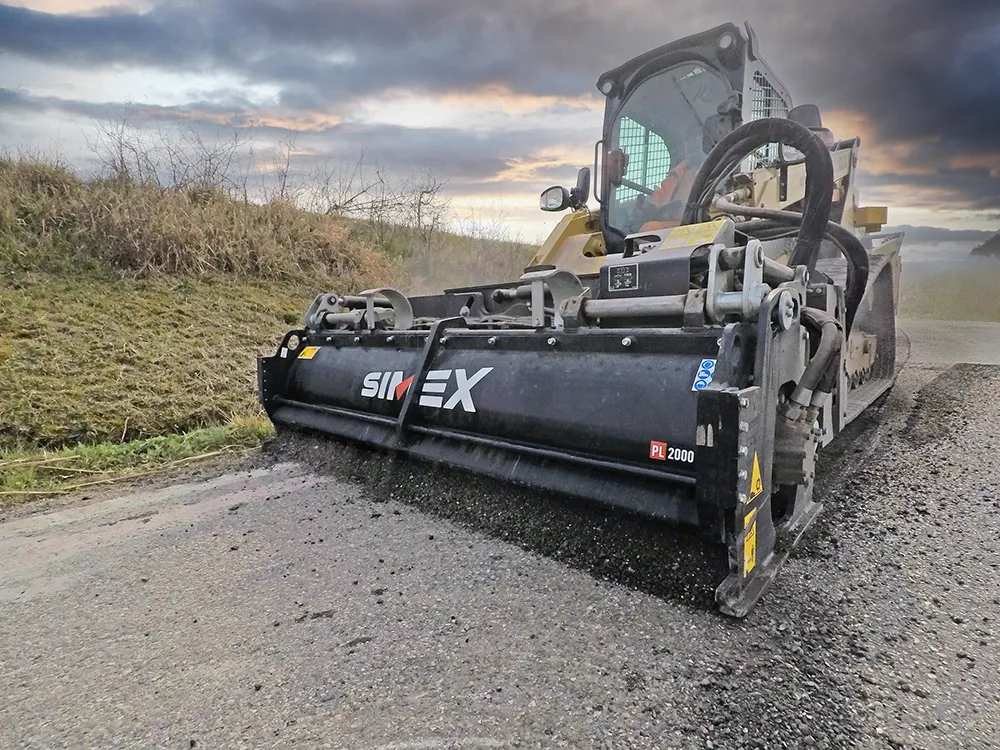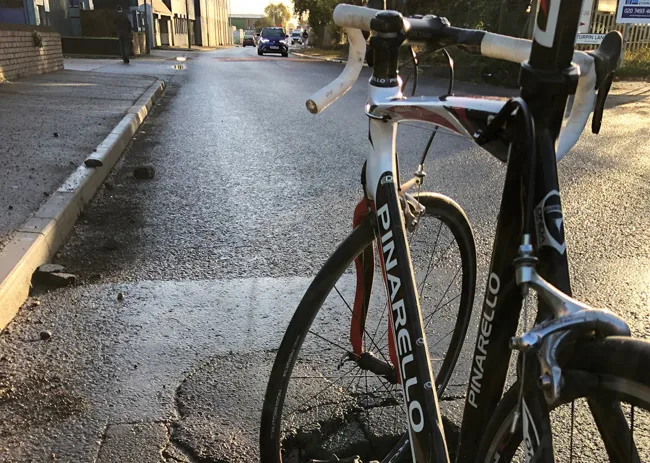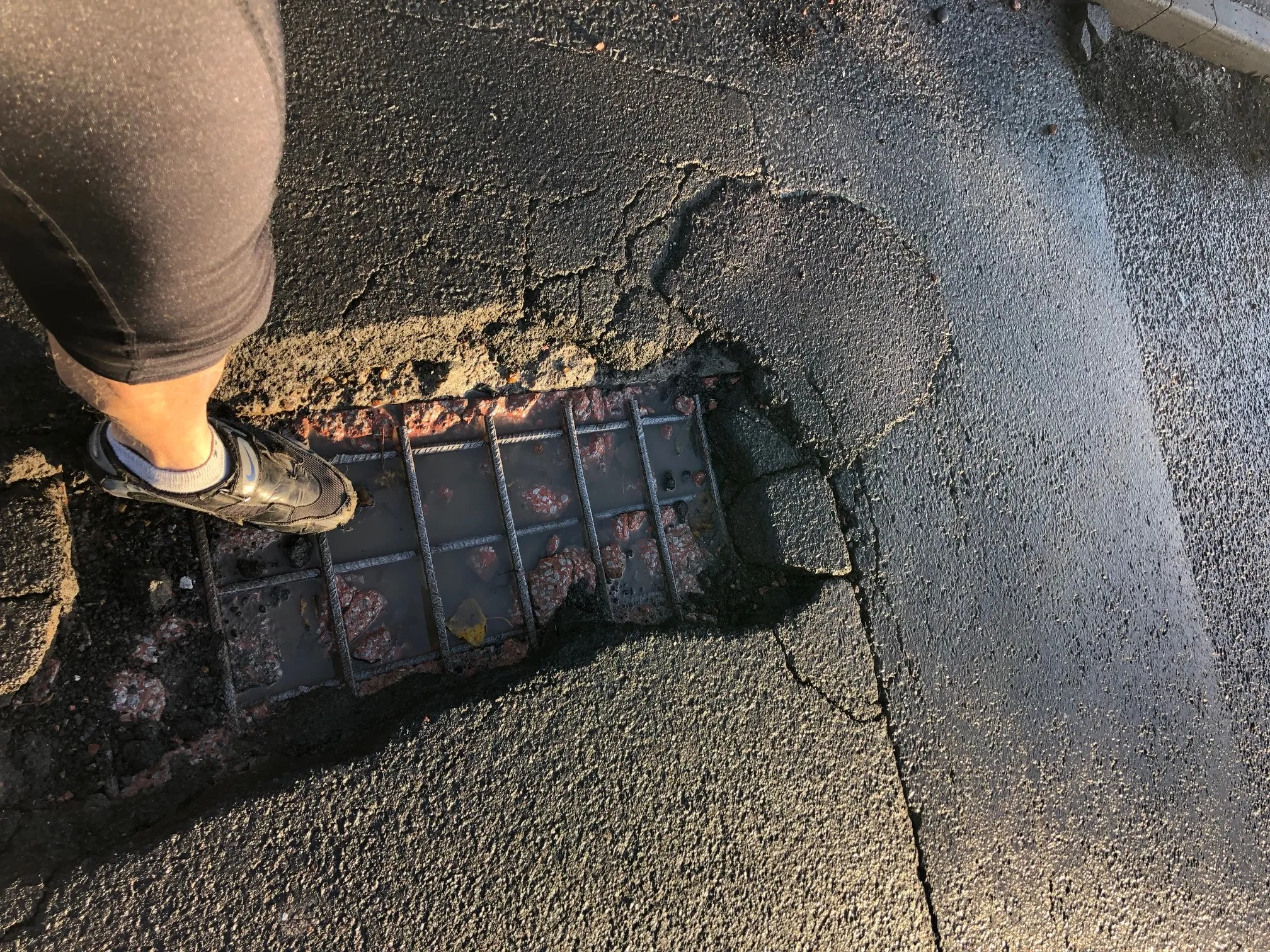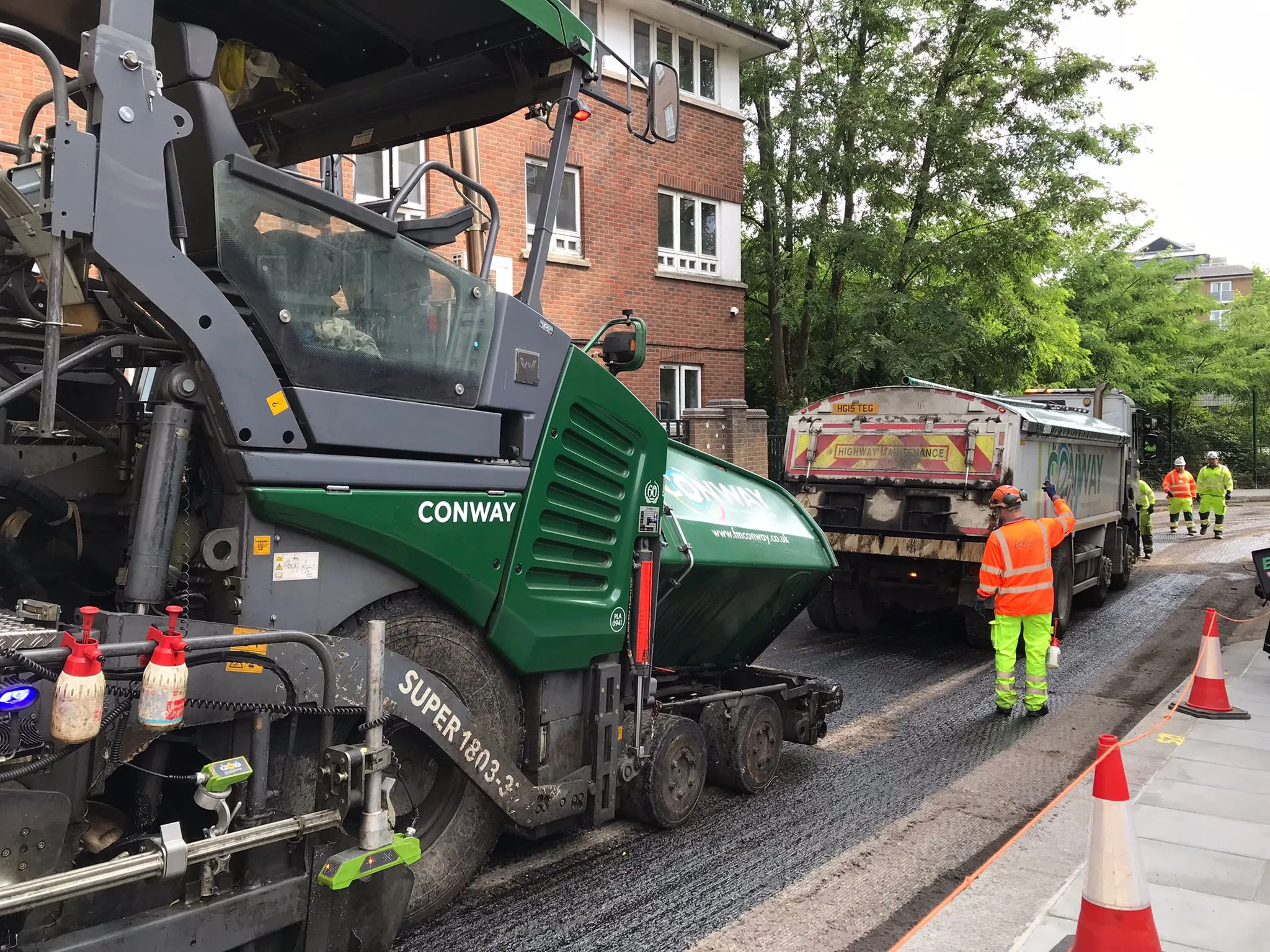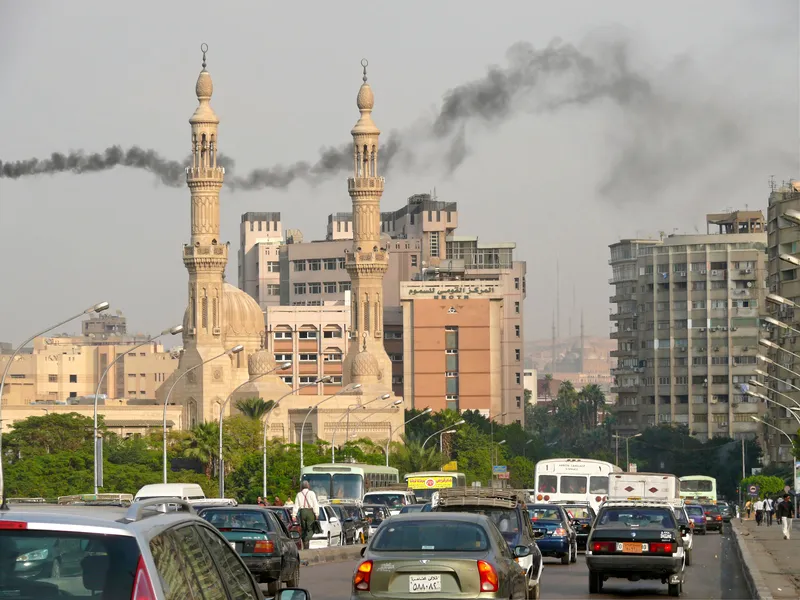
Thermal Road Repairs has signed an agreement with Rowad Modern Engineering to deploy asphalt repair technology on highways, airports, ports and utility infrastructure in Egypt.
The deal was signed in the Egyptian capital Cairo, often called the 'City of a Thousand Minarets'. Thermal Road Repairs – based in Crewe, England - will provide its technology, together with training and support, to Rowad, a major Cairo-based construction company operating in Egypt, Gulf Cooperation Council countries and Africa. Rowad Modern Engineering also now has the exclusive rights to promote and distribute other Thermal Road Repairs technologies within Egypt.
Thermal Road Repairs says its globally patented technology has been designed to provide permanent repairs to potholes and other defects, while emitting 85% less carbon than traditional repair methods. Its PC-controlled infrared heaters heat up asphalt in and around a defect so that it can be mixed with a small amount of new asphalt and then compacted to create a seamless repair, with no joints that can widen and fail over time.
The process produces no waste, according to Thermal, since the failing asphalt is recycled and re-used in situ rather than being cut out and removed from site.
With all equipment and workers transported in one unit, it reduces truck movements and disruption for road users and businesses local to the works. As well, since it does not require the use of jackhammers, it removes the risks of noise pollution and vibration-related health issues for operatives.
The partnership comes following a year-long period of information exchange and discussion in Egypt through the British Chamber of Commerce with key Egyptian organisations such as the Egyptian Holding Company for Airports and Air Navigation.
The agreement with Rowad Modern Engineering is the result of a “great deal of dedication and collaboration”, noted Aidan Conway, Thermal Road Repairs managing director. “From the very start, it was clear that Egypt is not only rich in opportunity but also incredibly welcoming to international partnership and innovation.”
“This strategic partnership reflects our commitment to providing innovative and sustainable solutions in the infrastructure sector,” said Yasser Al-Saadani, head of the commercial sector and director of the Saudi Arabia branch of Rowad Modern Engineering. “We strive to achieve the highest quality standards with the lowest possible environmental impact, serving Egypt and African countries and contributing to the provision of more efficient infrastructure.”


